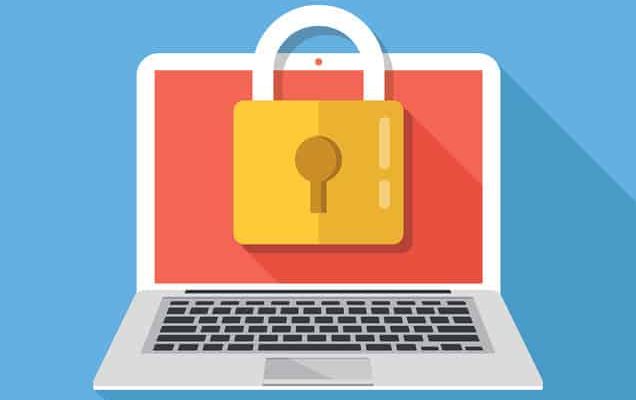What is Internet Privacy?

Internet privacy, the protection of personal data shared over the internet, has become a pressing concern in today’s digital age, where advancements in technology have made it easier for organizations to track, collect, and use users’ data without their consent or knowledge. With the increasing number of cyber attacks, data breaches, and online identity thefts, Internet privacy has become one of the most important issues that concerns individuals, governments, and organizations alike.
In simple terms, Internet privacy refers to the ability of an individual to exert control over the sharing, collection, and use of their personal data on the internet. This involves protecting sensitive information such as social security numbers, financial information, health data, and other personally identifiable information (PII) from being accessed, used, or sold by unauthorized parties. Personal data that is stored online can include information such as online profiles, browsing history, location data, search queries, and communications.
The growth of technology has led to the development of sophisticated data analytics tools and algorithms, making it easier than ever for organizations to gather insights into users’ habits and preferences. This data can be used for various purposes such as targeted advertising, improved product offerings, and customer service improvements. However, this data can also be exploited for malicious purposes such as identity theft, fraud, or cyberstalking.
To protect online privacy, privacy laws and regulations have been introduced in many countries. In the US, for example, the General Data Protection Regulation (GDPR) regulates the collection and use of personal data by businesses operating in the EU. In addition, many companies have introduced their own privacy policies that outline how they collect, store, and use personal data. It is essential for Internet users to read and understand these policies and take steps to protect their personal information.
The use of virtual private networks (VPNs), encryption, and other online privacy tools can also help users safeguard their personal data. Additionally, it is advisable to use strong and unique passwords, enable two-factor authentication, and avoid sharing personal information on social media platforms.
In conclusion, Internet privacy is the protection of personal data from being accessed, used, or exploited by unauthorized parties. With the ongoing advancements in technology, users need to take proactive measures to safeguard their personal data and understand the importance of privacy policies and regulations. By taking simple and effective steps to preserve their privacy online, users can enjoy the benefits of the internet while staying protected from the risks associated with online data breaches and cybercrime.






